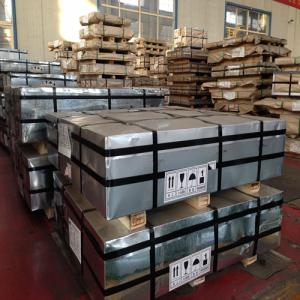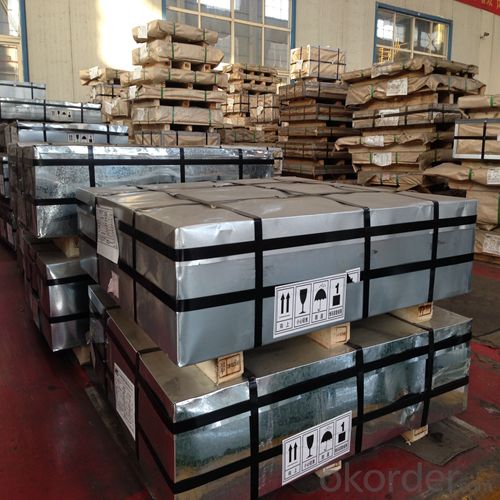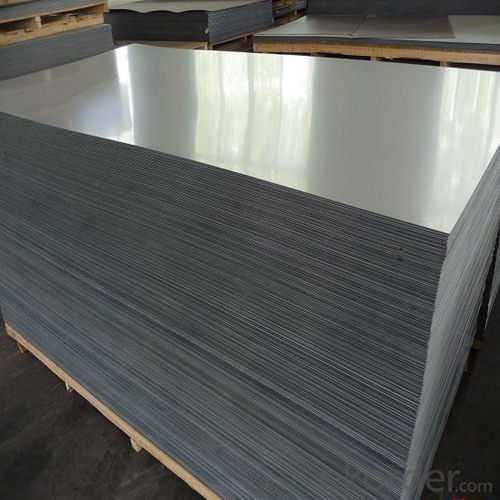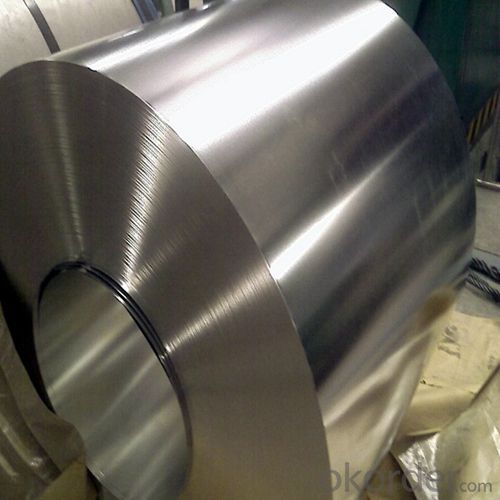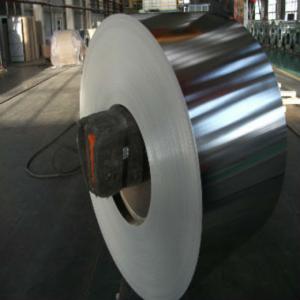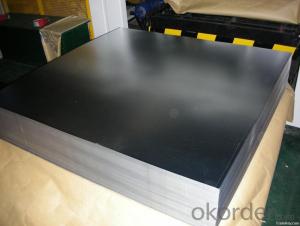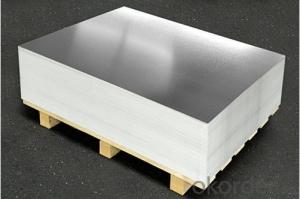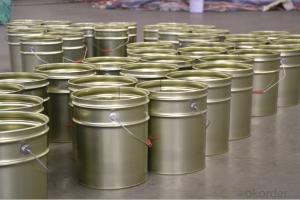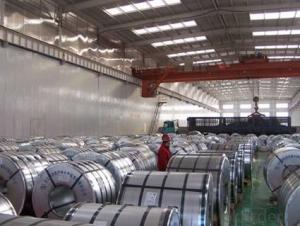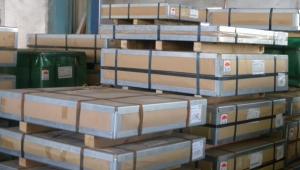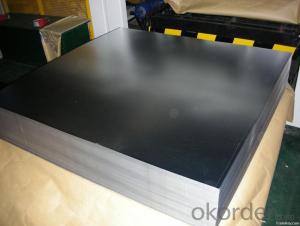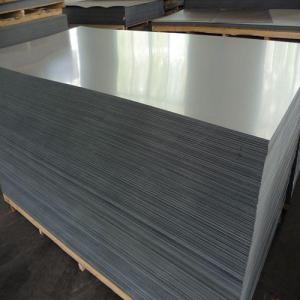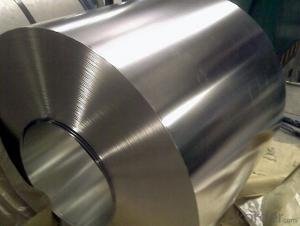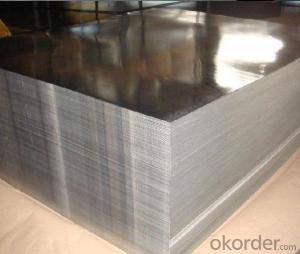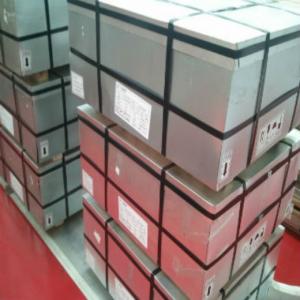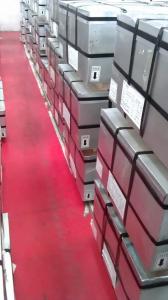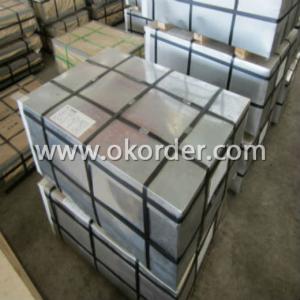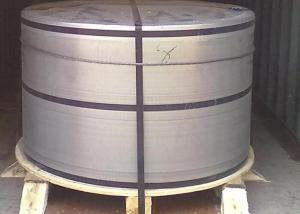Electrolytic Tin Plate Coils and Sheets for Chemical Packaging
- Loading Port:
- China Main Port
- Payment Terms:
- TT or LC
- Min Order Qty:
- 25 kg
- Supply Capability:
- 30000 kg/month
OKorder Service Pledge
OKorder Financial Service
You Might Also Like
1.Structure of Electrolytic Tin Plate Coils and Sheets for Chemical Packaging Description
Electrolytic Tin Plate Coils and Sheets for Foods Metal Packaging, is one thin steel sheet with a coating of tin applied by electrolytic deposition. Tinplate made by this process is essentially a sandwich in which the central core is strip steel. This core is cleaned in a pickling solution and then fed through tanks containing electrolyte, where tin is deposited on both sides. As the strip passes between high-frequency electric induction coils, it is heated so that the tin coating melts and flows to form a lustrous coat.
2.Main Features of the Electrolytic Tin Plate Coils and Sheets for Chemical Packaging
Appearance – Electrolytic Tin Plate is characterized by its beautiful metallic luster. Products with various kinds of surface roughness are produced by selecting the surface finish of the substrate steel sheet.
Paintability and printability – Electrolytic Tin Plates have excellent paintability and printability. Printing is beautifully finished using various lacquers and inks.
Formability and strength – Electrolytic Tin Plates have got very good formability and strength. By selecting a proper temper grade, appropriate formability is obtained for different applications as well as the required strength after forming.
Corrosion resistance – Tinplate has got good corrosion resistance. By selecting a proper coating weight, appropriate corrosion resistance is obtained against container contents. Coated items should meet 24 hour 5 % salt spray requirement.
Solderability and weldability – Electrolytic Tin Plates can be joined both by soldering or welding. These properties of tinplate are used for making various types of cans.
Hygienic – Tin coating provides good and non toxic barrier properties to protect food products from impurities, bacteria, moisture, light and odours.
Safe – Tinplate being low weight and high strength makes food cans easy to ship and transport.
Eco friendly – Tinplate offers 100 % recyclability.
Tin is not good for low temperature applications since it changes structure and loses adhesion when exposed to temperatures below – 40 deg C.
3.Electrolytic Tin Plate Coils and Sheets for Chemical Packaging Images
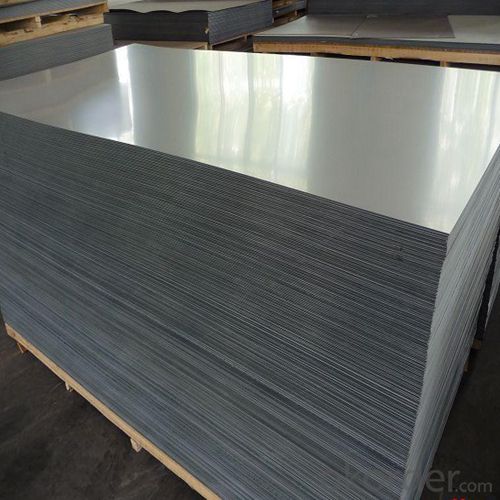
4.Electrolytic Tin Plate Coils and Sheets for Chemical Packaging Specification
Standard | ISO 11949 -1995, GB/T2520-2000,JIS G3303,ASTM A623, BS EN 10202
|
Material | MR,SPCC |
Thickness | 0.15mm - 0.50mm |
Width | 600mm -1150mm |
Temper | T1-T5 |
Annealing | BA & CA |
Coil Inner Diameter | 508mm |
Weight | 6-10 tons/coil 1~1.7 tons/sheets bundle |
Passivation | 311 |
Oil | DOS |
Surface | Finish,bright,stone,matte,silver |
5.FAQ of Electrolytic Tin Plate Coils and Sheets for Chemical Packaging
- How are the Electrolytic Tin Plates specified?
The Electrolytic Tin Plates are specified as per the steel base, extent of tempering, the coating weight, annealing method and the surface finish.
- How many types there are for base steels?
The base steels are of three types: Type MR, L, D
-How to place .an order or contact you ?
Please send us Email. we will give you a quick response in seconds .
- How is your quality ?
All our quality is prime even the secondary quality . We have many years experience
In this field with serious quality control standard . Advanced equipment, We welcome your visit to our factory .
- Q: What are the main applications of tinplate in the telecommunications industry?
- Tinplate has several main applications in the telecommunications industry, including the production of high-frequency cables and connectors, as well as the shielding of electronic components. Due to its excellent conductivity and corrosion resistance, tinplate is widely used in telecommunications infrastructure to ensure reliable signal transmission and protect sensitive equipment from electromagnetic interference.
- Q: How is tinplate coated?
- Tinplate is coated through a process called electrolytic tinning. In this process, a thin layer of tin is electroplated onto the surface of steel sheets or strips. The steel is immersed in an electrolyte bath containing tin salts, and an electric current is passed through the bath. This causes the tin to deposit onto the steel surface, creating a protective coating that prevents corrosion and enhances the appearance of the tinplate.
- Q: How to quickly distinguish tinplate and ordinary substrate iron?
- Tinplate is tin coil, measurement of tin content?. The base plate is a plain hard rolled coil, which is relatively hard without annealing.
- Q: Can tinplate be used for solar panel applications?
- Yes, tinplate can be used for solar panel applications. Tinplate is often used as a protective coating for solar panels due to its corrosion resistance and ability to reflect sunlight. It acts as a barrier against moisture and environmental elements, ensuring the durability and longevity of the solar panels. Additionally, tinplate can enhance the overall efficiency of solar panels by reducing heat absorption and improving energy conversion.
- Q: What are the different forms and shapes tinplate can be manufactured into?
- Tinplate can be manufactured into various forms and shapes, such as sheets, coils, strips, or even customized shapes through processes like cutting, bending, or stamping. These forms and shapes make tinplate a versatile material for a wide range of applications in industries like packaging, automotive, electronics, and construction.
- Q: Can tinplate be used for outdoor applications?
- Yes, tinplate can be used for outdoor applications. Tinplate is a durable material that offers excellent resistance to corrosion, making it suitable for outdoor use. It is commonly used in the construction of outdoor signage, containers, and packaging materials.
- Q: How is tinplate used in the confectionery industry?
- Tinplate is commonly used in the confectionery industry for packaging purposes. It is used to make tin cans or containers that preserve and protect various confectionery products such as chocolates, candies, and biscuits. Tinplate offers excellent barrier properties against moisture, light, and oxygen, ensuring the quality and freshness of the confectionery items. Additionally, it provides a visually appealing and customizable packaging solution, making it popular in the confectionery industry.
- Q: How does tinplate perform in terms of puncture resistance?
- Tinplate performs exceptionally well in terms of puncture resistance. Its sturdy and durable properties make tinplate highly resistant to punctures, ensuring the protection and integrity of the packaged contents.
- Q: How does tinplate handle exposure to chemicals and solvents?
- Tinplate is generally resistant to exposure to chemicals and solvents due to its protective tin coating, which acts as a barrier against corrosion and chemical reactions. This makes tinplate a reliable choice for packaging and storing various products that may come into contact with different chemicals and solvents.
- Q: How is tinplate used in the production of aerosol valves?
- Tinplate is used in the production of aerosol valves as it provides a protective and corrosion-resistant coating to the valve components. This prevents the valve from rusting or reacting with the contents of the aerosol, ensuring the reliable and safe functioning of the aerosol valve.
Send your message to us
Electrolytic Tin Plate Coils and Sheets for Chemical Packaging
- Loading Port:
- China Main Port
- Payment Terms:
- TT or LC
- Min Order Qty:
- 25 kg
- Supply Capability:
- 30000 kg/month
OKorder Service Pledge
OKorder Financial Service
Similar products
Hot products
Hot Searches
Related keywords
